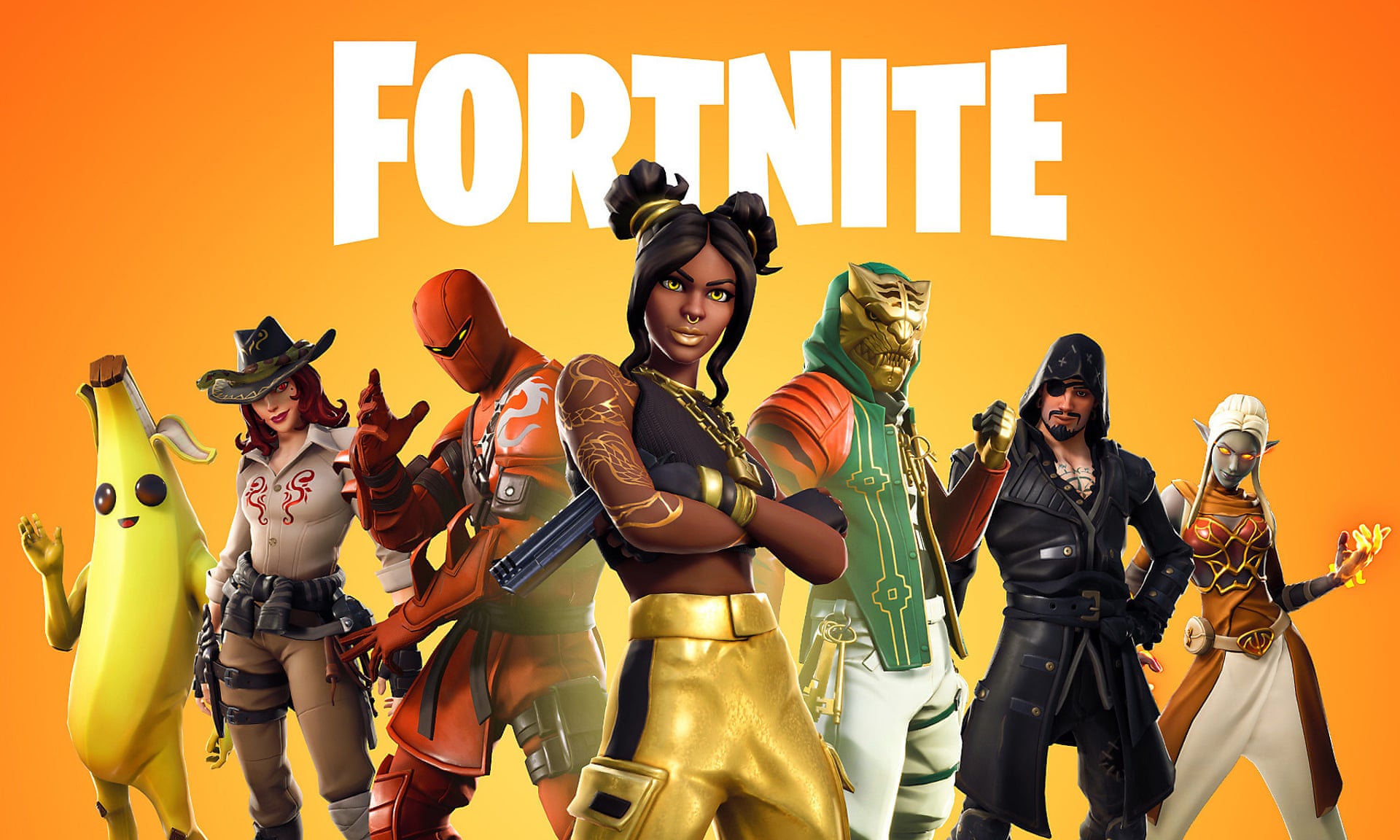 Fortnite owner gives up battle against Google Play store
Fortnite owner gives up battle against Google Play store
Mer 22 Avr - 20:18
Epic makes its blockbuster game available in store, an embarrassing climbdown

Fortnite for Android is available through the Google Play store for the first time, almost 18 months after owners Epic Games tried to use the game’s popularity to break the app store duopoly.
The release is an embarrassing climbdown for Epic, which has sunk significant resources into building its own independent games service, and is sure to reignite accusations of anti-competitive behaviour on the parts of both Apple and Google.
“After 18 months of operating Fortnite on Android outside of the Google Play store, we’ve come to a basic realisation,” Epic said in a statement on Tuesday evening.
“Google puts software downloadable outside of Google Play at a disadvantage, through technical and business measures such as scary, repetitive security pop-ups for downloaded and updated software, restrictive manufacturer and carrier agreements and dealings, Google public relations characterising third-party software sources as malware, and new efforts such as Google Play Protect to outright block software obtained outside the Google Play store.”
Epic had taken advantage of a feature in Google’s Android operating system which allows users to install apps from sources other than the official app store, to build its own mobile software marketplace. The hope was that it could use that independence firstly to bypass requirements to pay Google a 30% cut of its earnings, and secondly to expand further, offering independent games for sale to users who had already installed Fortnite.
But, the company learned, the technical ability to install software from unauthorised sources is not the same as the ability to attain an easy or pleasant user experience, and, while Fortnite remains one of the most popular mobile games, the constraints imposed by Google have limited take-up of the Android version.
“We hope that Google will revise its policies and business dealings in the near future, so that all developers are free to reach and engage in commerce with customers on Android and in the Play Store through open services, including payment services, that can compete on a level playing field,” Epic’s statement continued.
Fortnite has been distributed through the iOS App Store since its launch on that platform, in part due to the significantly greater practical difficulty of running apps any other way on it, and partly, Epic argues, due to the smaller market share of iOS devices.
On Android, Epic even tried to force through an exception to the 30% cut it would otherwise have to pay Google, arguing that the significant market share of Android meant that the requirement to use Google’s payment tools was an illegal abuse of monopoly.
“We have asked that Google not enforce its publicly stated expectation that products distributed through Google Play use Google’s payment service for in-app purchase. We believe this form of tying of a mandatory payment service with a 30% fee is illegal in the case of a distribution platform with over 50% market share,” Epic said in December. Google denied the request.
Epic has increased its mobile success in other ways. In June 2019, the company bought video chat app Houseparty, at the time a popular service among college students in America. In the past few weeks, the app has become a global phenomenon, rivalling Zoom for the most popular app of lockdown, and shooting to the top of download charts worldwide.
Without the pressure from Epic, the question of whether app store monopolies are legal looks likely to be settled only if and when regulators turn their attention to it. In 2018, the EU fined Google €4.3bn for requiring manufacturers to include Chrome on their phones if they wanted to feature the app store.
The Guardian, Wed 22 Apr 2020
Permission de ce forum:
Vous ne pouvez pas répondre aux sujets dans ce forum